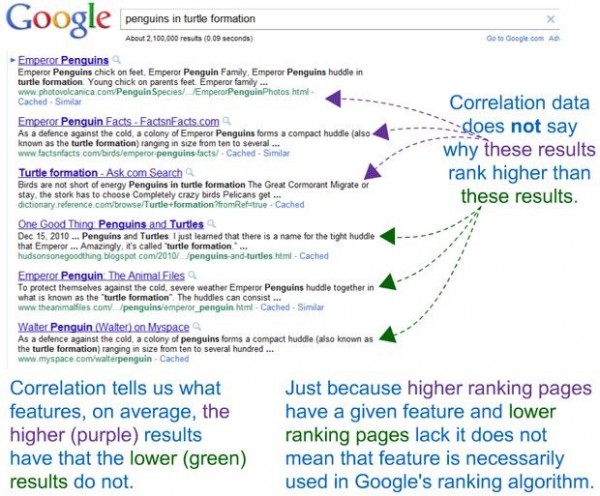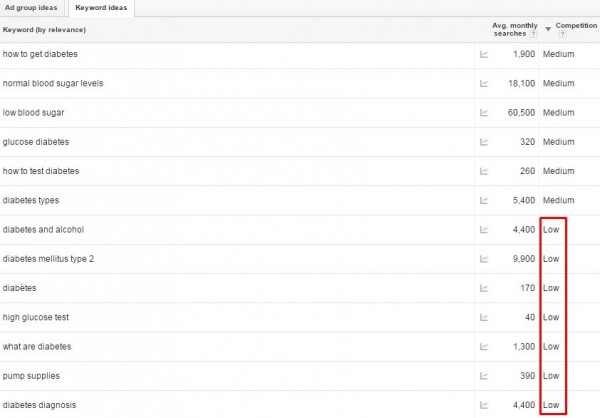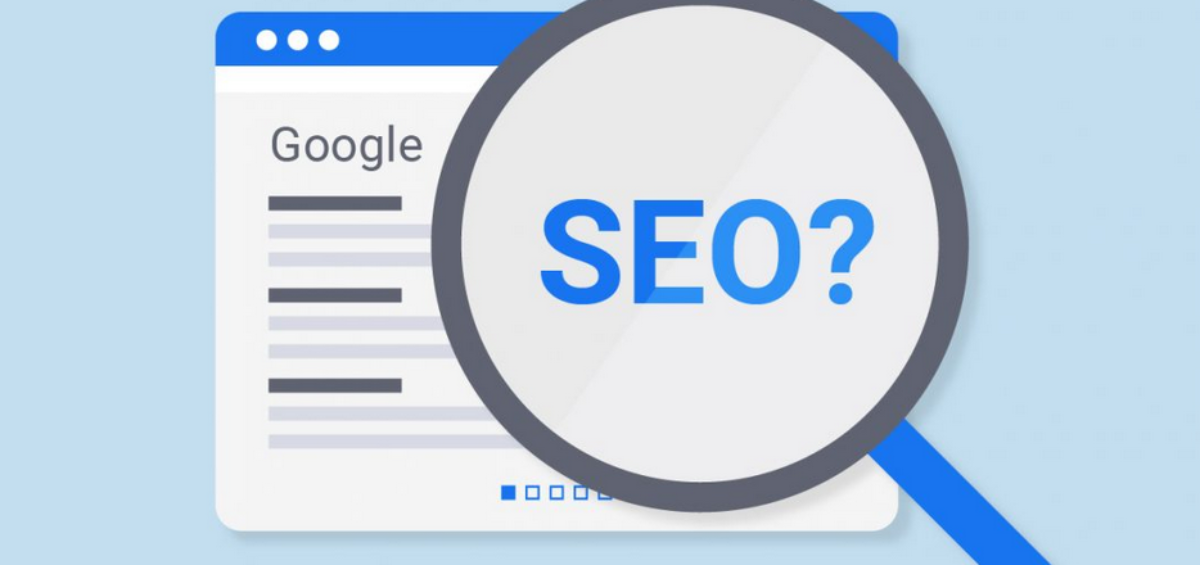Link building is considered a dirty word by many marketers, specifically since Google has urged webmasters not to rely on it. When asked about whether or not link building is any good in a recent Google+ hangout, Google’s Webmaster trends analyst, John Mueller, has replied: “In general, I’d try to avoid that.” Mueller even went on to add that Google does use links as part of their ranking algorithm, but focusing on link building only can ultimately do more harm than good.
While it is accepted wisdom that webmasters should avoid manipulative link building, the popular narrative claims that you can rank in Google without any external links. What’s the truth about link building?
External Links and Rankings
According to Moz’s biannual ranking correlation study, the correlation between the number of linking websites and higher search engine rankings sits at .29. This is one of the highest correlations the study found, with other ranking factors such as domain authority, Facebook likes and keyword usage in body text – all believed to have a huge influence on search engine rankings – sitting at .27, .24 and respectively .12. With over 200 ranking signals, it’s no doubt that these numbers are so small.
Moz has found that as much as 99.2 percent of all top-ranking websites had at least one external link. What’s more, there were almost no websites ranking for competitive search phrases that did not at least have one external link pointing at them.
But there are cases in which individual pages may rank high in search engines despite the lack of external links. If Huffington Post publishes a new page, it has no external links since it’s completely new – but since Huffington Post’s website itself has about 193 million backlinks (according to Ahrefs.com), the new page may rank well.
The study has also pointed that 77.8 percent of top-ranking pages had at least one external link, whereas the remaining 22.2 percent ranked without any external links.
What Does All This Mean? What’s the real meaning behind this data?
1. External Links Correlate with Higher Rankings

Although it’s been said that the quality, and not quantity of links is what really matters, it seems that Moz’s study has proven the contrary: they both matter, and the quantity is important only as long as the quality of links is good. That said, the links should be naturally coming from other websites in order for their quantity to matter.
Out of all correlations Moz’s study looked at, the number of unique websites linking to a page was the highest.
2. Competitive Searches Require External Links to Be Present
To stand a chance at competing with websites that have been doing SEO for a while now, you need external links to show search engines you are a reliable source of information for your audience.
3. You Can Have Individuals Pages Ranked Higher without Links
As seen in the Huffington Post example above, individual pages can rank significantly higher despite not having any external links. That’s because the website has great page authority, not to mention a whopping 193 million backlinks, plus social media engagement. Even if the page itself has been published recently, the colossal number of backlinks shows that the whole website is reliable and authoritative – and that page is part of the website as well.
This does not make external links less important, however. While individual pages can rank high without links, they can rank even higher with links. One notable factor that may contribute to pages ranking without external links is internal links. They may not be as strong as external links, but they are still useful if you want to pass authority and popularity signals to other pages on your website.
4. Is It Possible to Rank Without External Links?

Given the increasing importance of external links, is it possible to rank without them? It is, but only as long as you choose low-competition keywords.
Competitive keywords are difficult to rank for due to the many websites trying to rank for them as well. In addition to adequately optimising your website for these keywords, ranking for them also requires external links to convey relevancy and authority. For example, trying to rank for “digital marketing agency” when there are dozens, even hundreds of well-established websites ranking for the same term is much too difficult and time-extensive (if not even impossible).
On the other hand, low-competitive keywords are much easier to rank for since – as their name suggests – they have little or no competition. You can have your website ranked higher by optimising it for more obscure phrases, such as “schema markup search ranking factor.” Alternatively, you can optimise your pages for long-tail keywords such as “tips for finding the best digital marketing agency in Sydney,” which are more specific and can drive qualified traffic.
Final Word
It is important that you proceed with care to avoid potential penalties due to manipulative link building. Even slight deviations from Google’s webmaster guidelines can result in a penalty. The safest strategy is consistently creating quality content to give other websites a reason to link back to you. The more authoritative your content is, the more links you will eventually get.












Add Comment